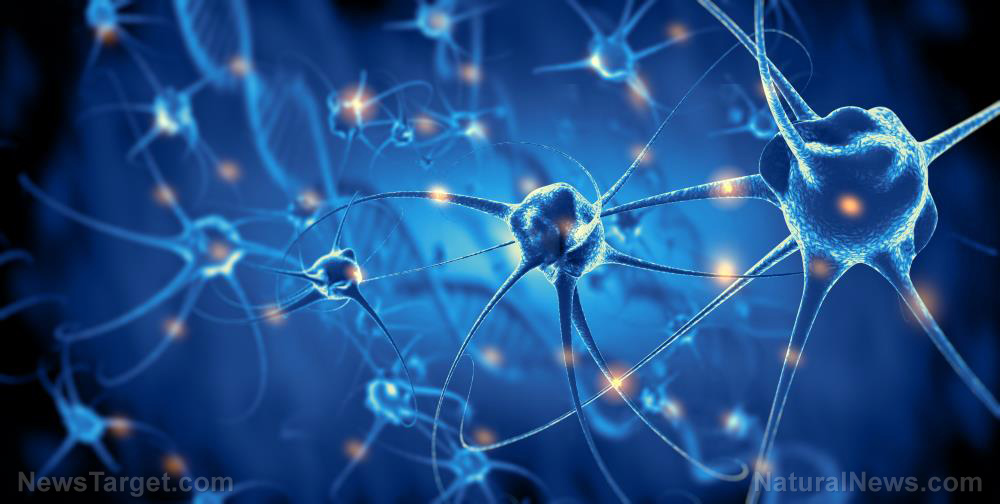Learn about brain health and nootropics to boost brain function
Study reveals link between what you eat and brain function: Following a healthy diet can lower your risk of Alzheimer’s


(Natural News) The findings of a new study suggest that a person should pay extra attention to what he or she eats, but for a different reason. Iowa-based researchers discovered a connection between the levels of a satiety hormone found in the brain and the risk of Alzheimer’s disease.
Satiety is the feeling of fullness and the absence of hunger for a period of time after eating a meal. It stems from several signals that are sent by the brain during the consumption, digestion, and absorption of food.
Researchers from Iowa State University investigated a satiety hormone called cholecystokinin. The hormone appears in the brain and the small intestine and plays essential roles in these parts of the body.
While evaluating cholecystokinin’s effects on the brain, the researchers found that having high levels of the satiety hormone lowers the risk of Alzheimer’s disease. Their findings were published in the journal Neurobiology of Aging. (Related: Is Mucuna the Ultimate NATURAL CURE for Depression and Dementia?)
The satiety hormone cholecystokinin is linked to memory formation
The Iowa State research team drew data from the Alzheimer’s Disease Neuroimaging Initiative (ADNI) and examined the levels of cholecystokinin in 287 participants.
Cholecystokinin is a peptide hormone that is structurally similar to gastrin, a regulator of gastric acid secretion. Cholecystokinin makes it possible for fats and proteins to be absorbed in the small intestines.
Auriel Willette, an assistant professor at Iowa State University, said that the satiety hormone is also present in the brain. It can be found in the hippocampus, the region of the brain in charge of forming memories.
Mother Nature's micronutrient secret: Organic Broccoli Sprout Capsules now available, delivering 280mg of high-density nutrition, including the extraordinary "sulforaphane" and "glucosinolate" nutrients found only in cruciferous healing foods. Every lot laboratory tested. See availability here.
The study’s lead author, Alexandra Plagman, added that the hormone is highly expressed in the brain during memory formation.
Plagman and Willette’s team sought to determine the relationship between the expression of cholecystokinin, cognitive function, and the volume of gray matter in various areas of the brain, especially the hippocampus.
They also evaluated the connection between cholecystokinin and the proteins p-tau and tau, which are toxic to the brain. High levels of tau protein are associated with dementia, particularly Alzheimer’s disease.
Aim for a diet that raises satiety hormone concentrations in the brain
Based on the results, the researchers reported that people with high concentrations of cholecystokinin have a significantly reduced risk of cognitive impairment. Their data also showed that high levels of tau proteins negate any beneficial effects of high cholecystokinin levels. As the levels of p-tau and tau increased, cholecystokinin stopped having a positive influence on memory decline.
Plagman and Willette urged other researchers to stop focusing on just caloric intake and instead, direct their attention to the nutritional aspect of diets. Their team is already studying fasting glucose and ketones to figure out the effects of diet on cholecystokinin levels.
According to Plagman, the nutrients gained from a diet could stop Alzheimer’s disease from progressing further. Eating the right foods that increase satiety hormones in the brain might even prevent Alzheimer’s from developing.
“The regulation of when and how much we eat can have some association with how good our memory is,” said Willette. “Bottom line: what we eat and what our body does with it affects our brain.”
Sources include:
Click here to view full article